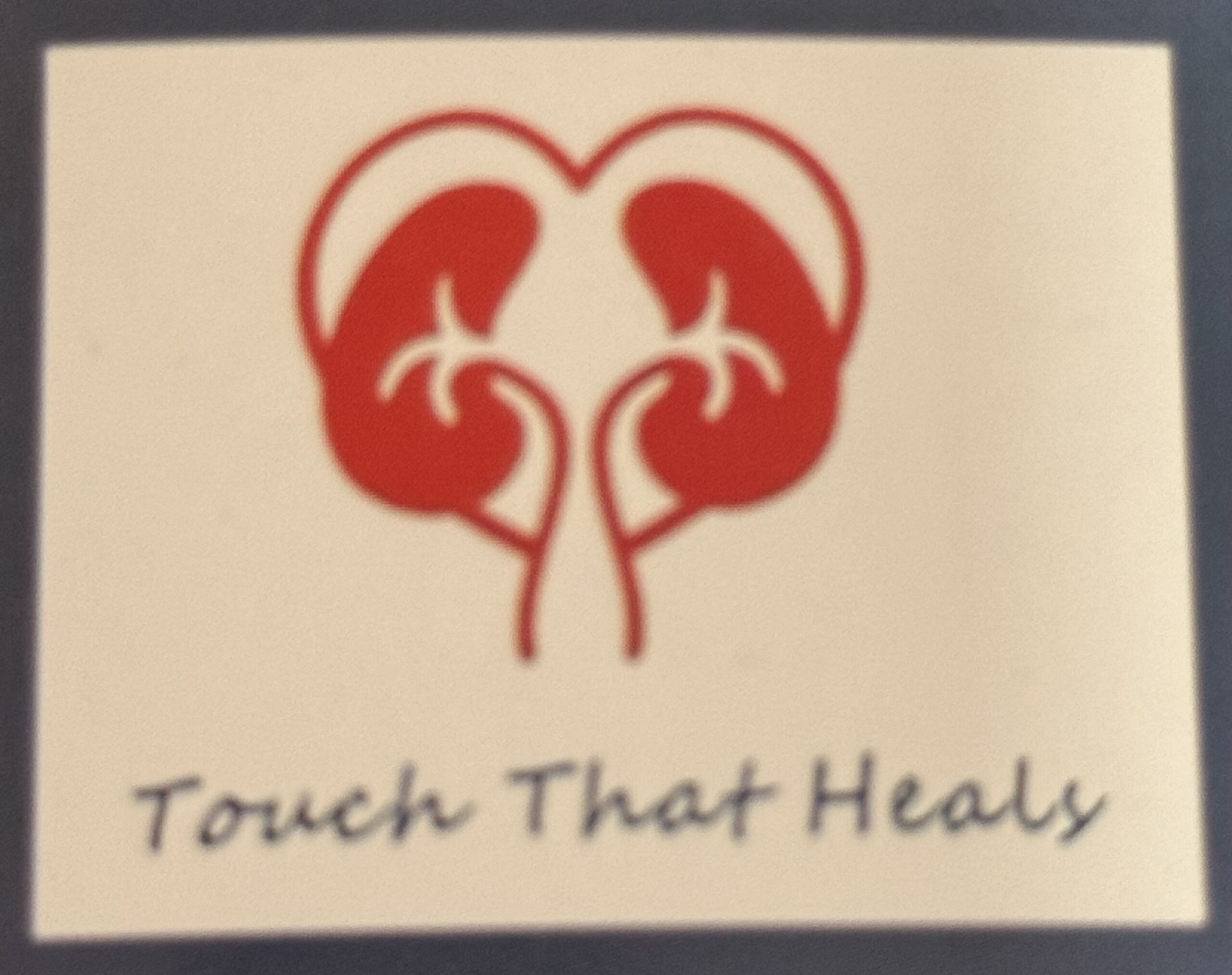When it comes to heart health, awareness is key. Knowing the cardiac arrest symptoms can make a huge difference. Quick action can help save lives by getting the right help fast. Recognizing the signs early means you might prevent a full-blown cardiac emergency.
Every minute counts during a cardiac episode. Understanding the warning signals can steer you towards faster interventions. It’s not just about calling an ambulance; it’s about knowing when to call. We’ll dive into the significant signs of cardiac arrest, explore its different clinical manifestations, and learn how lifestyles can impact your heart’s health. Awareness and education are your best tools in combating heart issues. Let’s break down these points and enlighten you on the early indicators of serious heart problems.
Understanding Cardiac Arrest: Symptoms and Clinical Manifestations
Sometimes, it feels like the body is whispering hints about upcoming problems. The signs of cardiac arrest are like these whispers. They can be sudden or build up over time, giving you subtle warnings.
- Chest Discomfort: This could feel like pressure, squeezing, or pain. It might last a few minutes or go away and come back.
- Shortness of Breath: Sometimes, it’s the only symptom. It can occur with or without chest discomfort.
- Uneven Heartbeat: Pay attention if your heart feels like it’s skipping a beat or fluttering.
- Fatigue and Dizziness: Feeling unusually tired can be a warning sign.
Many dismiss these as minor issues, but they could hint at something bigger. The clinical manifestation of cardiac arrest includes sudden collapses and cessation of breathing. These are serious and need immediate attention.
It’s important to remember that the cardiac arrest symptoms are not always dramatic. Sometimes, they are as simple as feeling off. What you experience could be your body’s SOS to consult a healthcare professional and avoid a full-blown emergency.
Lifestyle and Medical Practices for Cardiac Arrest Prevention
Preventing heart issues isn’t just about recognizing the signs. It’s about living in a way that minimizes risk. Here’s a simple guide for cardiac arrest prevention through easy lifestyle changes:
- Balanced Diet: Eating foods low in saturated fats, salt, and sugars helps your heart. Load up on fruits, vegetables, whole grains, and fish.
- Regular Exercise: Aim for at least 30 minutes a day. Walking, swimming, or cycling can help keep your heart strong.
- Quit Smoking: Cigarettes increase heart problems. Stopping can reduce risks significantly.
Existing heart conditions can make you more prone to cardiac arrest symptoms. Regular checkups and taking your prescribed meds if you have heart conditions help keep things in check. Monitoring your blood pressure and cholesterol can catch problems before they grow.
There’s a lot of information out there, and not all of it is correct. Some myths, especially in India, are that heart disease only affects older individuals or men. But heart issues are equal opportunity offenders.
Regular health screenings are crucial. Spotting potential problems can save you from scary episodes down the line. Stay informed and keep an open line with your healthcare provider if you think you might experience the clinical manifestation of cardiac arrest.
Emergency Preparedness and Technological Advancements
Preparedness is about confidence in handling unexpected situations. Whether at home or work, emergency readiness ensures quick reaction. Here’s how to stay prepared:
- Learn CPR: This skill affects outcomes in emergencies. Knowing what to do while waiting for medical help can make all the difference.
- AED Availability: Automated External Defibrillators (AEDs) can help restart a heart.
Technology is your friend in preventing problems. Innovations allow us to catch issues early. In India, the use of AI and machine learning models is helping predict issues quickly. These technologies analyze data to alert us of risks, sometimes before symptoms arise.
Use apps that track heart rhythms and get regular alerts on behavior or diet adjustments. Being proactive includes utilizing these advances to keep your heart health in check.
Everybody deserves peace of mind regarding health. Leveraging these resources, mixed with simple awareness of cardiac arrest management, can improve outcomes. Embrace this tech age and take charge of your heart’s destiny!
Recognizing cardiac arrest treatment options upfront, coupled with proper management and a lifestyle that promotes heart health, can transform outcomes. Remember, your heart does a lot for you. Make sure you’re doing enough for it too.

